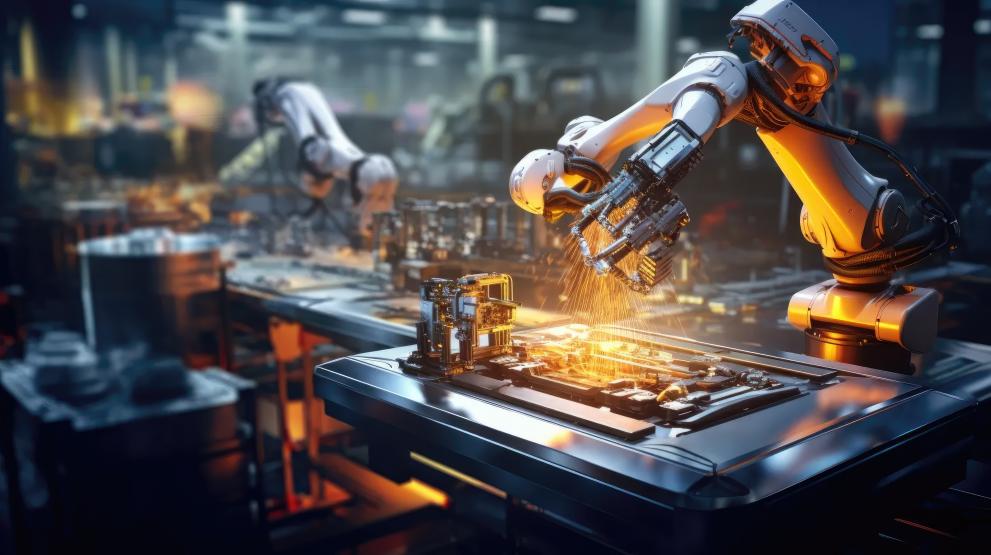
Key Aspects of Advanced Manufacturing
-
Automation and Robotics:
- Automation involves the use of control systems for operating equipment in manufacturing facilities. Robotics is integral in automating repetitive tasks, reducing human error, and increasing production speed.
-
Additive Manufacturing (3D Printing):
- This technology allows for the creation of complex parts layer by layer, significantly reducing material waste and enabling customization. Industries like aerospace and healthcare are increasingly adopting additive manufacturing for prototyping and final products.
-
Internet of Things (IoT):
- IoT integrates smart devices into manufacturing processes, allowing for real-time data collection and monitoring. This connectivity leads to better decision-making, predictive maintenance, and improved supply chain management.
-
Digital Twin Technology:
- A digital twin is a virtual representation of a physical product or system. It enables manufacturers to simulate and analyze performance, improving product design and operational efficiency.
-
Artificial Intelligence (AI) and Machine Learning:
- AI and machine learning algorithms analyze vast amounts of data to optimize production schedules, predict equipment failures, and enhance quality control processes.
-
Sustainability Practices:
- Advanced manufacturing emphasizes eco-friendly practices, such as reducing energy consumption, minimizing waste, and utilizing sustainable materials. This focus on sustainability aligns with global efforts to reduce environmental impact.
Educational Pathways
Many universities and institutions offer programs in advanced manufacturing, including:
- Bachelor’s and Master’s Degrees: Programs in manufacturing engineering, industrial engineering, or mechanical engineering often include coursework related to advanced manufacturing technologies.
- Certifications: Specialized certifications in additive manufacturing, automation, or IoT can enhance professionals' qualifications.
Career Opportunities
Graduates in advanced manufacturing can pursue various roles, including:
- Manufacturing Engineer
- Process Improvement Specialist
- Production Manager
- Quality Assurance Engineer
- Supply Chain Analyst
Industry Trends
-
Industry 4.0:
- This term refers to the fourth industrial revolution characterized by smart manufacturing, automation, and the integration of digital technologies in manufacturing processes.
-
Reshoring and Localization:
- Recent global disruptions have led companies to reconsider their supply chains, focusing on reshoring manufacturing operations to local or regional facilities to enhance resilience.
-
Collaborative Robotics (Cobots):
- Cobots work alongside human workers to enhance productivity and safety in manufacturing environments.
Conclusion
Advanced manufacturing is shaping the future of production, driving innovation and efficiency across industries. As technology continues to evolve, professionals equipped with knowledge in advanced manufacturing will be essential in maintaining competitive advantages in the marketplace.
For more detailed insights and information on advanced manufacturing, you can explore the following resources:
- National Institute of Standards and Technology (NIST) - Advanced Manufacturing
- Manufacturing.gov - The Future of Manufacturing
- IndustryWeek - Advanced Manufacturing Trends
These sources provide valuable information on trends, technologies, and educational opportunities in advanced manufacturing.
